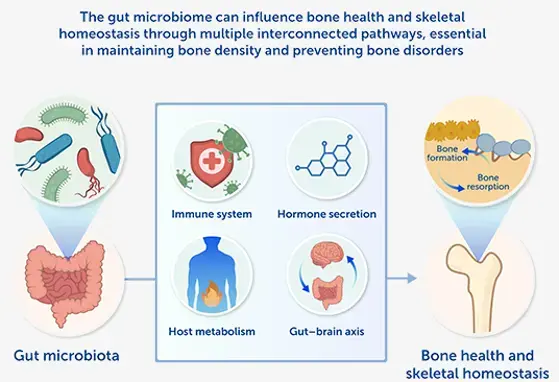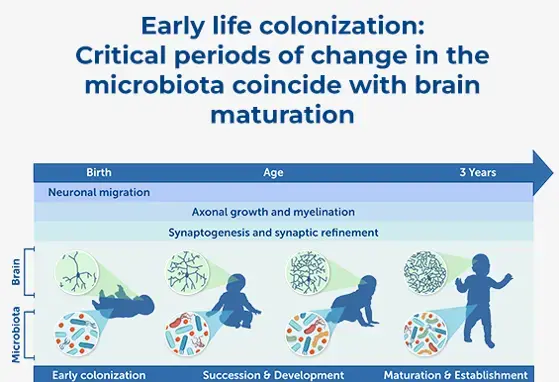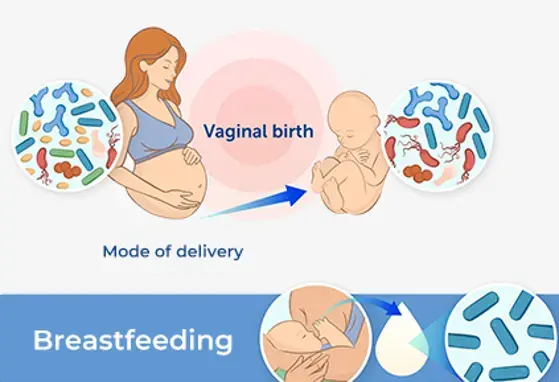Efficacy of Lactobacillus reuteri DSM 17938 for Infantile Colic

Infantile colic is a common condition worldwide, affecting one in five infants younger than three months. It is often a stressful problem for parents and caregivers, with infants crying inconsolably and excessively, and this can be accompanied by bouts of fussiness and passing of gas. The exact cause of colic remains elusive, but various theories have been proposed such as overproduction of intestinal gas, forceful intestinal contraction, hypersensitivity to cow’s milk protein, transient lactase deficiency and changes in intestinal microbiota.
Although a significant number of papers on infantile colic have been published in the last 45 years, there is no adequate consensus about the most effective way to treat “colicky” babies, though some interventions are known to aid symptoms in some cases, with the use of Lactobacillus reuteri DSM 17938 having been used with particularly promising results.
This is the first global network-meta-analysis on the subject of efficacy of interventions for infant colic. The study set out to analyze 32 randomized control trials into different infant colic treatments, conducted in English and Spanish language, between 1960 and 2015.
The study included analysis of nearly 2,250 patients, comparing the use of several interventions including: L reuteri; extensively or partially hydrolyzed formulas; isolated soy protein formulas; low-protein or lactose-free formulas; prebiotic-added infant formulas; dicyclomine, cimetropium or simethicone; familiar care-givers support; counselling therapies; car-ride interventions during colic episodes; spinal massage and spinal massages; acupuncture or herbal treatments. The number of hours of crying were analyzed from seven to 28 days after the beginning of the treatment.
The results showed that the use of L reuteri DSM 17938 seem to be the most evidence-based significant intervention to reduce the duration of crying time in infantile colic. Use of specialized infant formulas (i.e. partially hydrolyzed, whey protein derivate) is the second most evidence-based intervention to reduce the clinical symptoms in this type of infants. The associated evidence for the use of other interventions such as dicyclomine, cimetroprium, simethicone, herbals, acupuncture, or spinal massage is reduced or significantly biased to be recommended as potential interventions.
Gutiérrez-Castrellon P, Indrio F, Bolio-Galvis A, Jiménez-Gutiérrez C, et al. Efficacy of Lactobacillus reuteri DSM 17938 for infantile colic. Systematic review with network meta-analysis. Medicine 2017;96:51(e9375).
https://www.ncbi.nlm.nih.gov/pmc/articles/PMC5758237/
If you liked this post you may also like

Disorder of Gut-Brain Interaction: Insights, Causes and Management


Microbiome and Brain Development: A Tale of Two Systems

An Overview of Early-Life Gut Microbiota Modulation Strategies